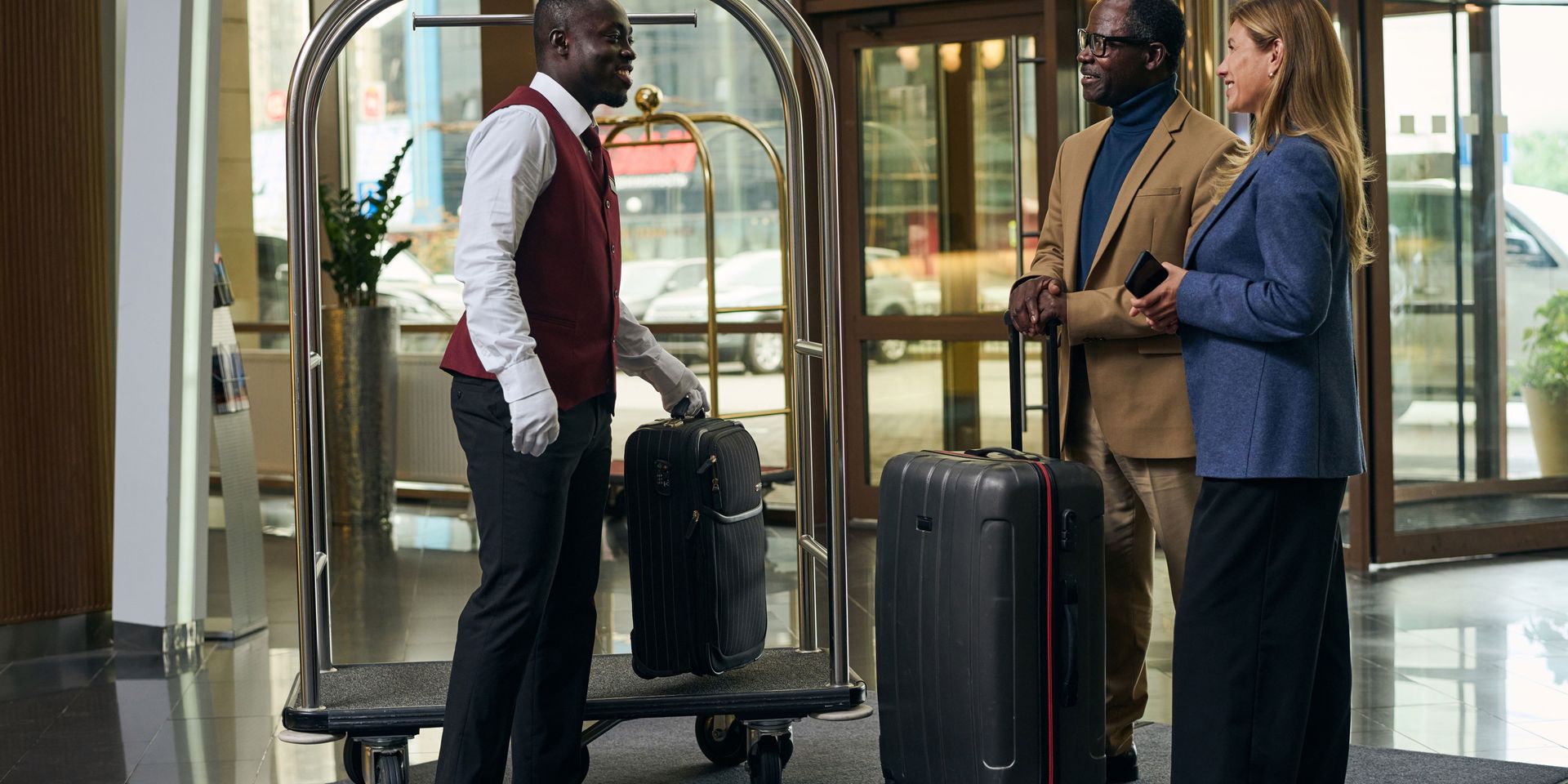No specific degree is required to start as a baggage handler, but a vocational qualification (CAP or BEP) in logistics or transport sectors can be helpful. On-the-job training on safety procedures, baggage handling, and customer service is often provided by the employer. Holding a driving license may be necessary for some positions.
Baggage handlers can advance to positions of responsibility such as team leader or handling supervisor, or specialize in related areas like airport security or customer service. Participating in additional training and gaining experience can facilitate this progression.
Working as a temporary baggage handler offers valuable flexibility and the opportunity to gain varied experience in different environments, such as international airports, train stations, or luxury hotels. This diversity of experience enhances versatility and service skills, while offering an entry into the tourism and logistics sector. For employers, hiring temporary staff allows for effective management of seasonal activity fluctuations, ensuring a high level of service even during peak periods.



